Charles Dana Gibson - The Artist Who Creates The Ideals of The Generation
Hello all steemians and especially for you art lovers!
on this happy occasion I will talk about who Arrow Man is, the idol of the Leiendeker ad poster, and today comes the turn of the "Gibson girl" - the ideal of beauty from the cover of the early 20th century magazine.
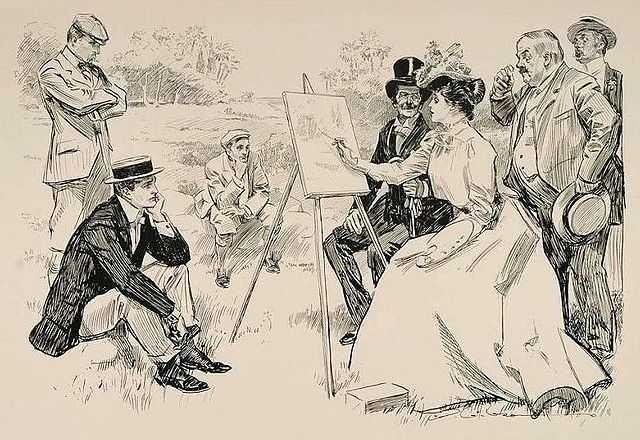
Charles Dana Gibson was born in Roxbury in 1867. He was interested in art from a young age, watching his father carve a silhouette. The boy himself began cutting the silhouette at the age of eight, and by the time he was 12, he had sold it at the exhibition. At the age of 14, Charles was a student of sculptor August Saint-Gaudens. After almost a year in the Saint-Gaudens studio, he decided that the statue was not the way.
Parents, who acknowledge his son's artistic talent, gave it to the League of Art Students. In 1885, due to unexpected family financial difficulties, Charles left school to start his career in Life magazine. Gibson's number appears on this edition page for 30 years. These are the pictures, and not the photos that apply in the current editions.
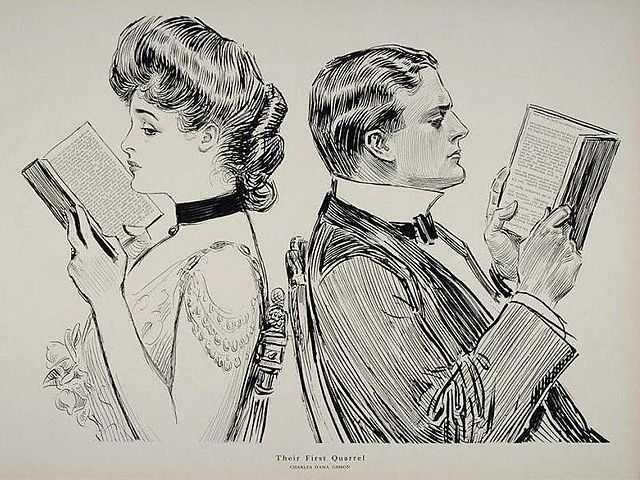
Gibson's monthly salary starts at $ 33, increasing every month. Charles's value for life is enormous, because his illustrations cause an increase in circulation.
He also sold his illustrations Tid-Bits, which later changed its name to Time magazine. The Gibson style, distinguished by the perfect elegance of the line, is imitated and copied by many, but can not be imitated.
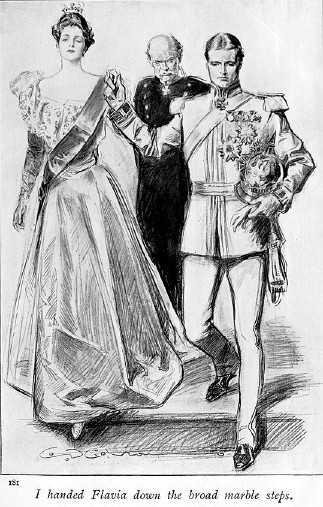
At the height of the artist's career, his annual salary reached 75,000 dollars. The period of Gibson's greatest popularity was between 1900 and 1910, and the most famous character was "Gibson girl".
Artists began painting "Gibson girls" in 1890, and then showed them in their first full portfolio (1894). His wife, Irene Langhorne Gibson, is a model for "Gibson Girl", as well as the recognizable beauty of those years - Evelyn Nesbit and Nancy Astor. She became the ideal image of a young American woman: athletic, intelligent, stylish, charming, sassy, active, beautiful, funny, and desirable.
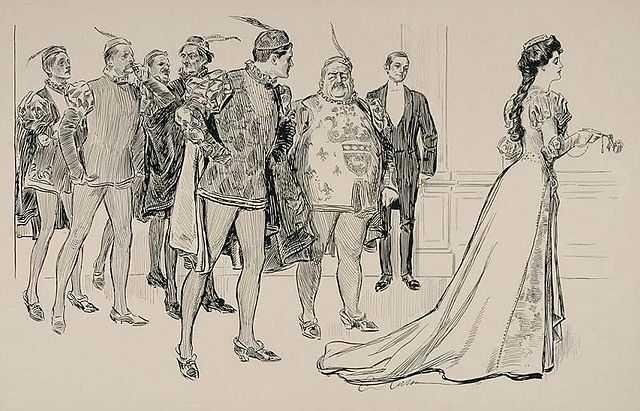
Nations that crave their own style, seek idealization in art. "Girl Gibson" fulfills this need, capturing the imagination of the whole country in a beautiful feminine way.
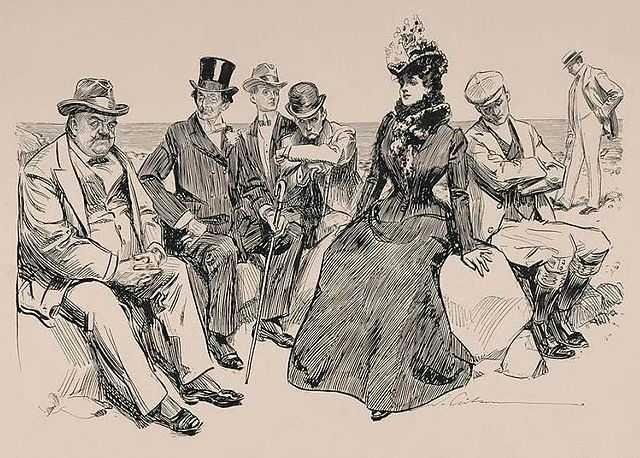
In 1920, Gibson led an illustrator and writer syndicate, and bought Life magazine at an auction. He sold it in 1932. At age 65, the artist voluntarily retired, began painting oil and began painting portraits.
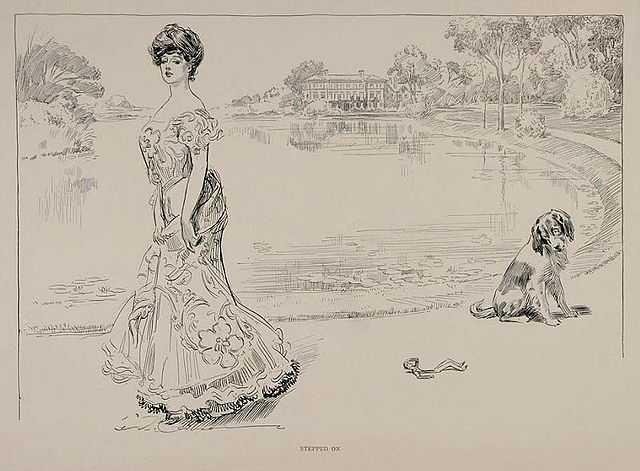
In the fall of 1944, Charles Dana Gibson suffered a heart attack while resting on an island off the coast of Maine. At the request of President Franklin D. Roosevelt, Gibson was taken to New York, where he died within a few weeks.
All artwork presented in the article is in the public domain